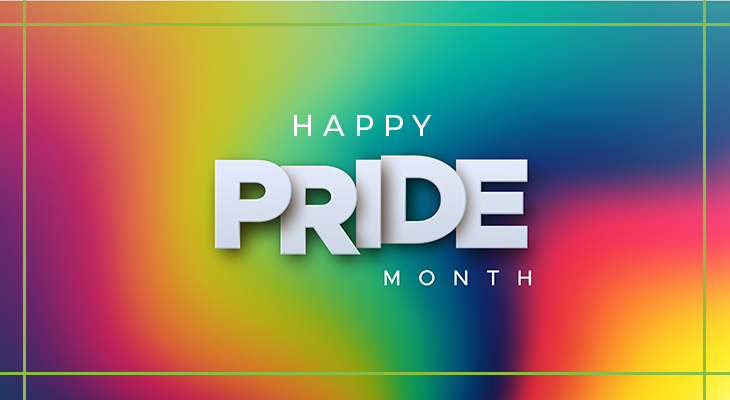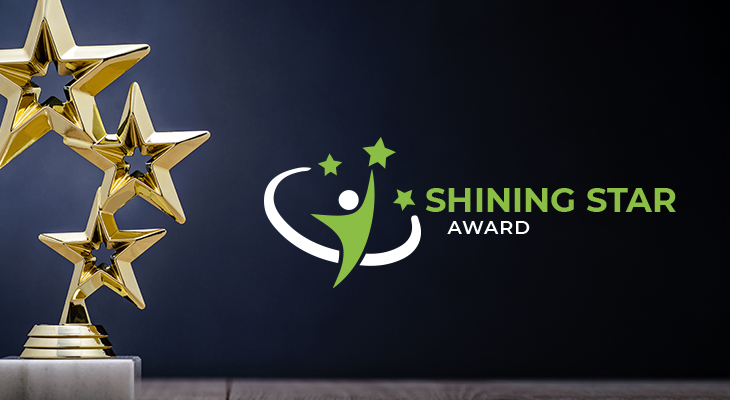PRIDE was born to commemorate the protests of June 1969 where courageous individuals created a pivotal catalyst for members of the LGBTQIAP+ community towards increased liberation and equity across all parts of society. The events of that summer have influenced education, healthcare, legislation, media representation, employment, and access to resources. Today, PRIDE recognizes and celebrates the collective history of the LGBTQIAP+ community, the progress, the pioneers, the leaders, and the individuals whose expansive stories provide hope, inspiration, and guidance.
PRIDE is also a time for all of us to look at ourselves, our places of work and leisure, and our communities and assess whether we are doing all we can to create inclusive, safe, and welcoming spaces for everyone. Reports estimate that there are currently around 3 million LGBTQIA+ adults over age 50 in the US. That number is expected to grow to around 7 million by 2030. For many in this community, the aging process can be made even more difficult and isolating due to discriminatory practices, policies, and environments.
- Members of the LGBTQIAP+ community are 2x more likely to be single or live alone and 4x less likely to have children
- 41% of LGBTQIAP+ older people report having a disability, compared to 35% of heterosexual older adults
- Nearly 1 in 4 transgender people report having to teach their health care provider about transgender issues to receive appropriate care
- LGBT older people have received inferior, neglectful health care or have been denied health care altogether
- A national study of transgender people found that in the prior year, 23% of respondents avoided going to a doctor when they needed to because they feared being mistreated.
- Many LGBT people have reported delaying or avoiding necessary medical care because they fear discrimination or mistreatment by health care staff
- 88% of LGBT older people say they would feel more comfortable with long-term care services if they knew staff had been specifically trained about the needs of LGBT patients
There are many ways both large and small that individuals can help create environments that are welcoming, safe, and inclusive so all people can access the healthcare and resources they need to help them live and age optimally.
- Avoid assumptions: Never assume someone’s sexual orientation and/or gender identity. If you do not know someone’s pronouns, you can use they/them pronouns initially or use a person’s name, but it is best to ask them about their preferred names and pronouns.
- Use inclusive language: Use gender-inclusive words when referring to people and their relationships and gender-neutral terms when referring to anatomy.
- Use pronouns yourself: Introducing yourself with your pronouns or including pronouns in your email signature demonstrates solidarity and a willingness to honor and respect another person’s identity.
- Stay curious about LGBTQIAP+ experiences: Seek out movies, stories, podcasts, books, and other media that center and highlight the experiences of members of these communities.
- Non-verbal communication: Become aware of your tone of voice, your reactions to disclosure, and other forms of nonverbal communication that can create either an open environment or make an individual feel unsafe.
- Educate yourself: Terminology often changes and evolves to better capture the expansive experience of diverse individuals. Taking time to learn terminology is a way to be responsible for your own learning.
Through our actions and commitment today, we can create a world where everyone feels safe and has a sense of belonging to show up as their most authentic selves.
References:
https://www.lgbtagingcenter.org/
https://www.sageusa.org/
Discrimination Prevents LGBTQ People from Accessing Health Care, Center for American Progress, 2018.
The Report of the 2015 U.S. Transgender Survey, National Center for Transgender Equality, 2016
Maintaining Dignity: Understanding and Responding to the Challenges Facing Older LGBT Americans, AARP, 2018
The Report of the 2015 U.S. Transgender Survey







